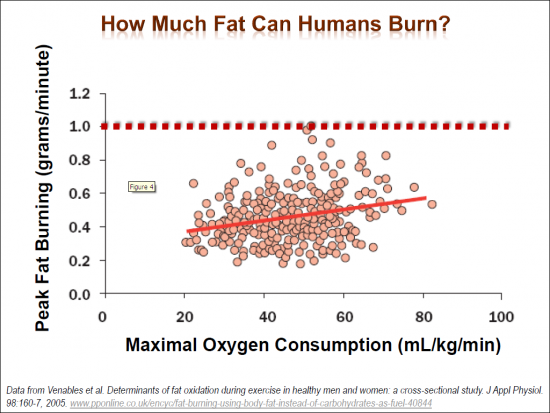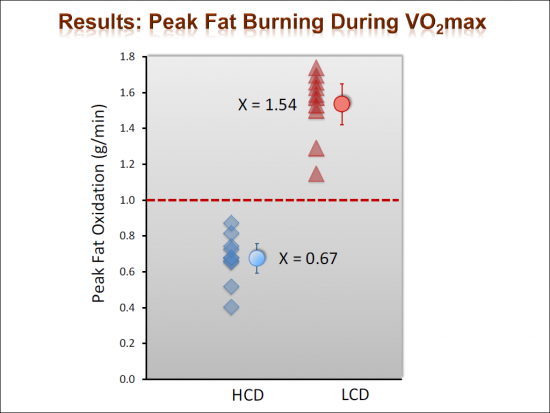Many folks report they experience various things after starting keto: more energy, more mental alertness and/or less ‘brain fog’. Many don’t. It’s important to realize this and not expect these and similar subjective experiences will necessarily happen to you, then assume if you do not experience them you’re not in ketosis. For example, if you’ve been a very active person all your life and remained physically fit, you’re not necessarily going to feel ‘more energy’.
If you don’t eat carbs, as in fasting, for a couple of days, then you are in ketosis. In fact, depending how many carbs you consume on any specific day and the time you last ate, you could be in ketosis by the time you awaken in the morning or by the time of your first food. When I was a child in the 50s, going 12-14 hours between supper and breakfast was the norm. Almost everyone ate that way, consequently many/most people were in ketosis by breakfast without noticing. That’s why it is called ‘break fast’.
Whether you felt ‘any different’ or not, a 70 hour fast gets you into ketosis. And probably within the first 24 hours.


